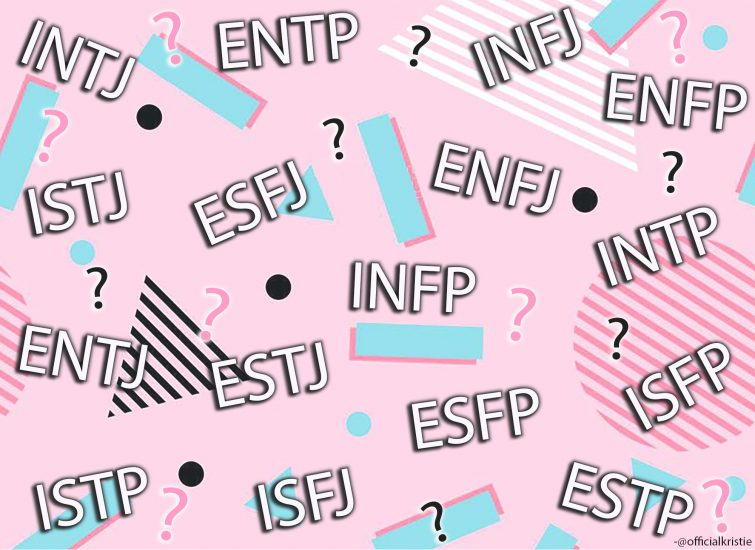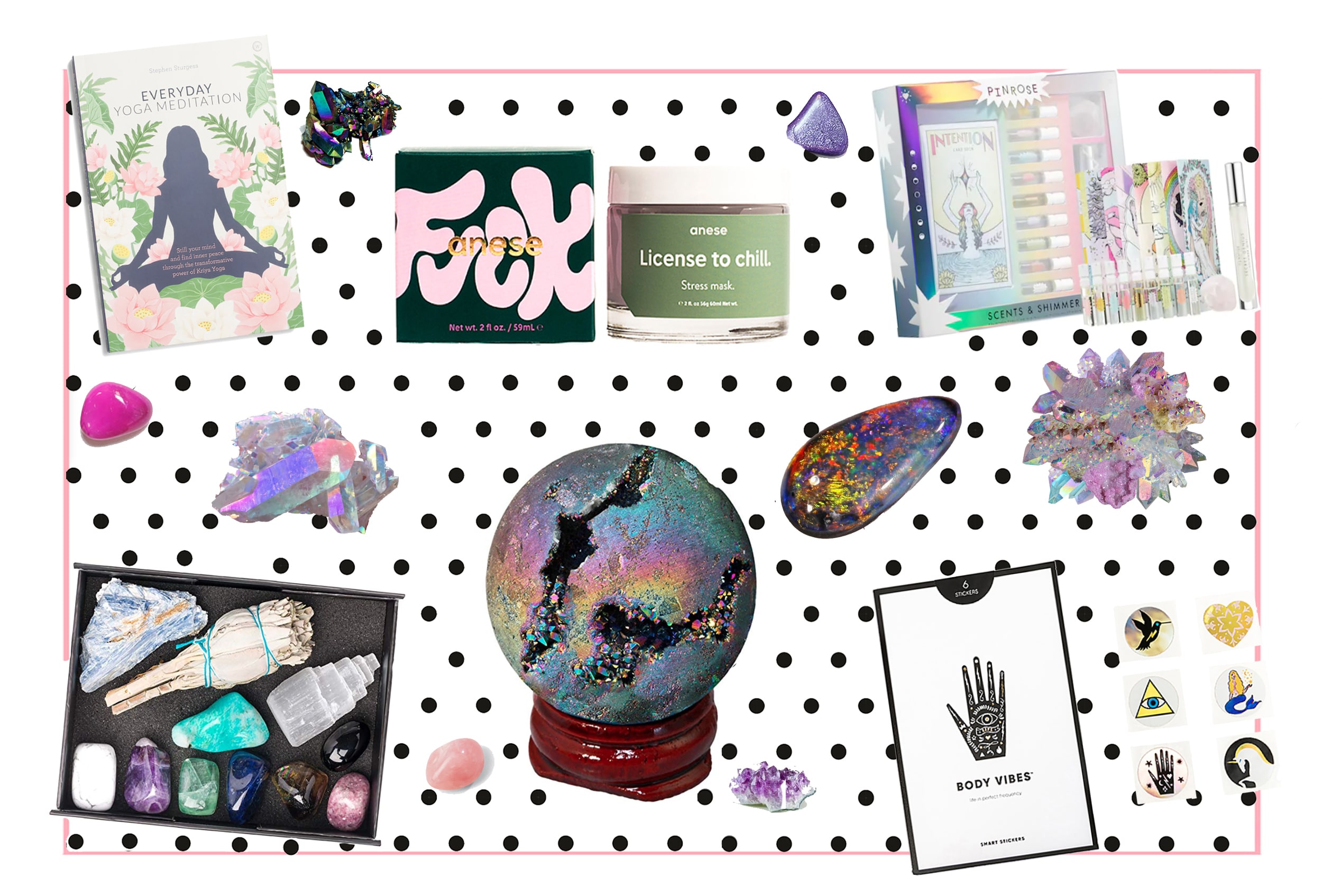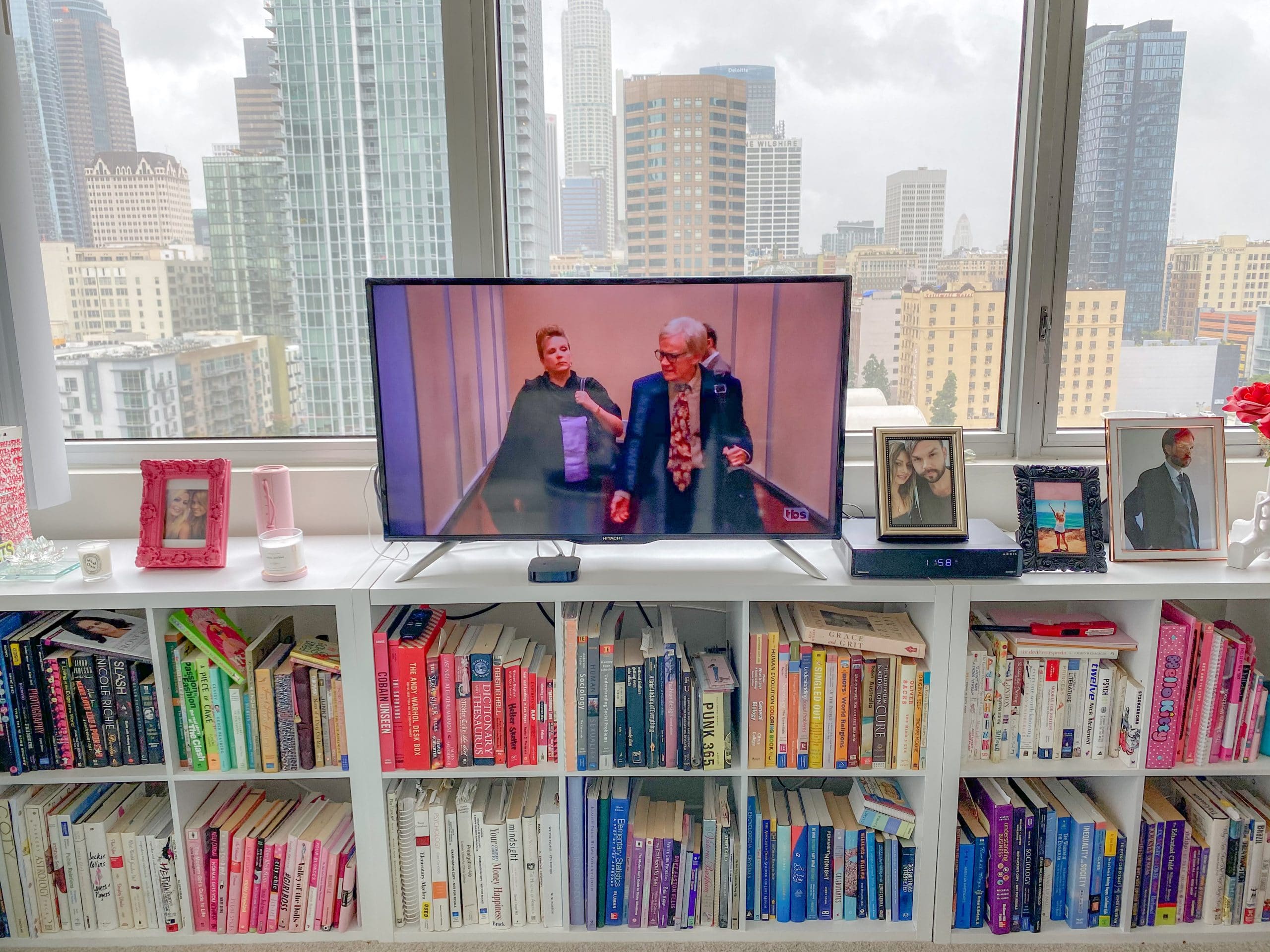My first assignment in my business communications and ethics class was to take the Myers-Briggs Type Indicator. Initially, I thought it was odd that my professor was asking her students to take this sort of personality test. Little did I know this questionnaire would reveal so much about myself (and my character), and help me get a better understanding on why I operate and think the way that I do.
Psychiatrist Carl Jung believed that we experience the world using four principal psychological functions based on conceptual theory, with one of each being dominant over the other.
- Extraversion or Introversion (how you focus your attention: do you like to spend time in the outer world, around people and things, or do you prefer to be in your inner world around concepts and images?)
- Sensing or iNtuition (how you get your information: do receive it through your five senses, or do you pay more attention to the patterns and opportunities in the information you take in?)
- Thinking or Feeling (how you make decisions: do you place more weight on impersonal facts and objective principles, or on personal matters and the feelings of others?)
- Judging or Perception (how you live your exterior life and what behaviors others see in you: do you prefer a more structured lifestyle, or more of a flexible and adaptive lifestyle?)
The personality test consists of 93 questions and at completion it reveals one of the 16 types. The goal is to show you how you perceive the world and why you think and act the way you do. This is essential when it comes to learning about your strengths and weaknesses, how you interact in relationships and friendships, and what type of parent you are (or would be). It also lets you know about your workplace habits, and what career paths you would excel at.
There are a few ways to take the personality test: online (for a fee), given by a certified administrator, or finding a website that gives a similar version for free like this one. My results revealed that I am an ENTP AKA “The Debater.” I learned that being an ENTP is rare and only occurs in about 2-5% of the population. This personality type is described as being an innovator, and a visionary.
What My Results Revealed
- E – Extroversion: I enjoy and gain energy from social interactions.
- N – Intuition: I choose abstractness over concreteness; and I tend to focus on the big picture rather than the minor details.
- T – Thinking: During decision making I consider objective and logical criteria. Therefore, I don’t intuitively take into account personal or social preferences.
- P- Perception: I often dislike planning for the long-term. Because of this, I’m frequently late with deadlines.
As I learned about the traits of an ENTP, I was shocked at how spot on it described me (the good and the bad). When it came to strengths, we love learning new things, we’re quick thinkers and natural leaders who are excellent at brainstorming. We’re often the go-to person when others need help putting things into perspective. Some of the other positive elements ENTPs possess are confidence, charisma, creativity, and loyalty.
All personality types have their fair share of weaknesses and recognizing them is key to improving our personal relationships and career. Some of an ENTPs are being opinionated, running late, coming across as insensitive because we think on more of a rational level versus an emotional level. Also, we dislike restrictive rules and routine and instead we’re driven by spontaneity.
I continued to read up on the attributes of “The Debater” and thought about what applied to me and what didn’t. To be honest, mostly everything I learned fit my personality to a T. It was kind of scary but refreshing at the same time. Learning more about myself and how my mind works has allowed me to adopt some positive changes in my life. I considered the weaknesses of an ENTP and thought about how I would turn these negative traits into strengths. For example, I used to be late for everything—appointments, meetings, deadlines; it didn’t matter. Fast forward to now. There are still instances where I’ll run a few minutes behind schedule, but usually I’ll arrive early. Also, I’m not up all night working because I waited to start a project at the last minute.
Another aspect I’ve changed about myself since taking this personality test is being a little bit less of a debater. When I read about ENTPs playing devil’s advocate and coming across as argumentative, my first recollection of this behavior was as a child during gymnastics practice. My coach would critique the team and everyone would listen and take his advice. Me on the other hand, I would argue with his reasoning. Being a child and debating with an adult made me realize this way of thinking has been ingrained in me since I was little. Therefore, I knew the habit would be hard to break, but not impossible. To be completely honest though—I enjoy debating. I just do it differently now that I’m aware. Whether it’s politics, education, women’s rights, climate change or the trivial things that come up in our daily lives, I choose my debates more wisely. I’ve learned to bite my tongue and that I don’t have to prove my point on every topic. Debating doesn’t have to be a sport with a clear cut winner.
Final Thoughts
After I took the questionnaire, I relayed to my close friends and family the importance of this personality test and how it can accurately describe their characteristics. I suggested they take it too, and I was curious to know if they would agree with their results. Each person that took the Myers-Briggs type test was shocked at how precisely it described their thought process and persona. Since I knew each of them well, I asked what their results were so I could read up on it. Whether you’re wondering about who you’re compatible with, or what career path you should take, I highly recommend that everyone find the time to take this short questionnaire. By learning about your personality type, you can use the results to become a better version of yourself.




